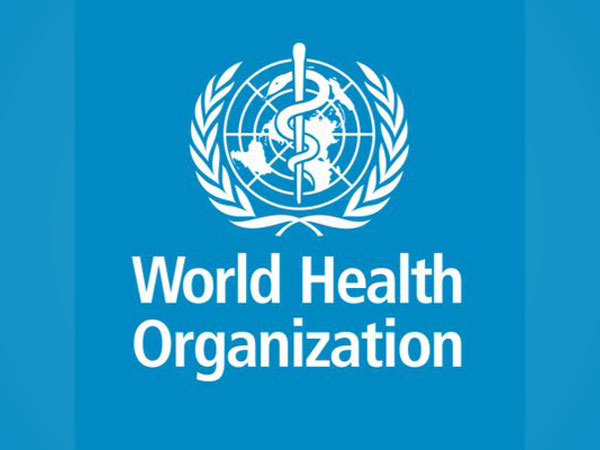WHO stresses on developing policies to help tobacco farmers shift to growing food crops

- Country:
- India
On the eve of World No Tobacco Day, WHO on Tuesday called upon its partners to support governments in developing policies to help tobacco farmers shift to growing food crops that would provide them with a better life culminating in supporting national economies and ensuring food security.
Effective tobacco control involves tackling demand and supply as envisaged in the WHO Framework on Tobacco Control (FCTC), said Dr Poonam Khetrapal Singh, the WHO Regional Director for South-East Asia.
While the focus of tobacco control programmes is on reducing tobacco demand, the strategies to reduce its supply need to be balanced with the demand reduction for achieving an overall reduction in tobacco use prevalence, she said.
The theme of this year's World No Tobacco Day is ''We need food, not tobacco''. The campaign aims to raise awareness about alternative crop production and marketing opportunities for tobacco farmers and encourage them to grow sustainable and nutritious crops.
It also aims at exposing the tobacco industry's efforts to interfere with attempts to substitute tobacco growing with sustainable crops, thereby contributing to the global food crisis, Singh said.
Tobacco cultivation contributes to increased food insecurity worldwide. Around 3.5 million hectares of land around the globe are converted for tobacco growing each year.
In Southeast Asia Region, India leads in acres of land under cultivation and production of tobacco, followed by Indonesia. Tobacco is also grown in Bangladesh, DPR Korea, Thailand, Myanmar, and Sri Lanka.
Dr Khetrapal Singh said the tobacco industry often touts itself as an advocate for the livelihood of tobacco farmers. In the region, tobacco growers and workers are often used by the industry as front groups to rally against tobacco control, she said.
''The intensive handling of insecticides and toxic chemicals during cultivation of tobacco contributes to many farmers and their families suffering from ill health. ''It is time that the governments and policymakers across the region hold the tobacco industry accountable for the health, environmental and economic costs of tobacco cultivation and use, including the deepening food crisis,'' she said.
The WHO FCTC offers specific principles and policy options on the promotion of economically viable alternatives for tobacco workers, growers, and individual sellers and on enhancing the protection of the environment and the health of people.
''We have success stories from Bangladesh, India, Indonesia, and Sri Lanka, where tobacco-growing farmers have successfully shifted over to economically viable alternative crops,'' Singh said.
''I call upon all partners to work collectively to support governments of tobacco growing countries to develop and implement suitable policies and strategies for tobacco farmers to shift to growing food crops that would provide them and their families with a better life culminating in supporting national economies and ensuring food security,'' she added.
(This story has not been edited by Devdiscourse staff and is auto-generated from a syndicated feed.)
ALSO READ
Monks March: A Call for Respect and Tradition in Sri Lanka
Founder of ASOS Quentin Griffiths Dies in Tragic Balcony Fall in Thailand
Tragedy in Thailand: The Fall of ASOS Co-Founder Quentin Griffiths
Tragic Fall: ASOS Co-Founder Quentin Griffiths Passes Away in Thailand
Zimbabwe beat Sri Lanka by six wickets in T20 World Cup match to top Group B in Colombo.









